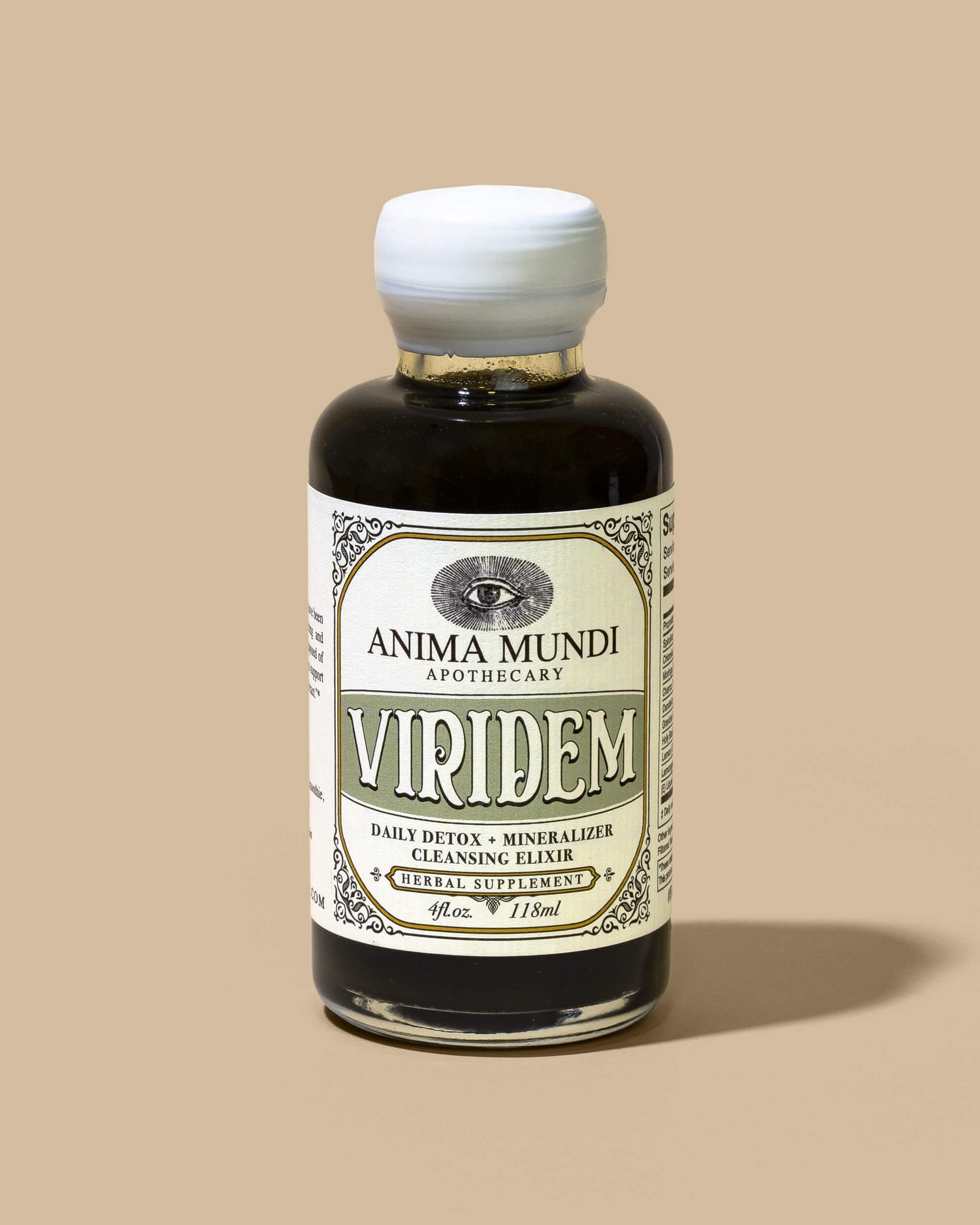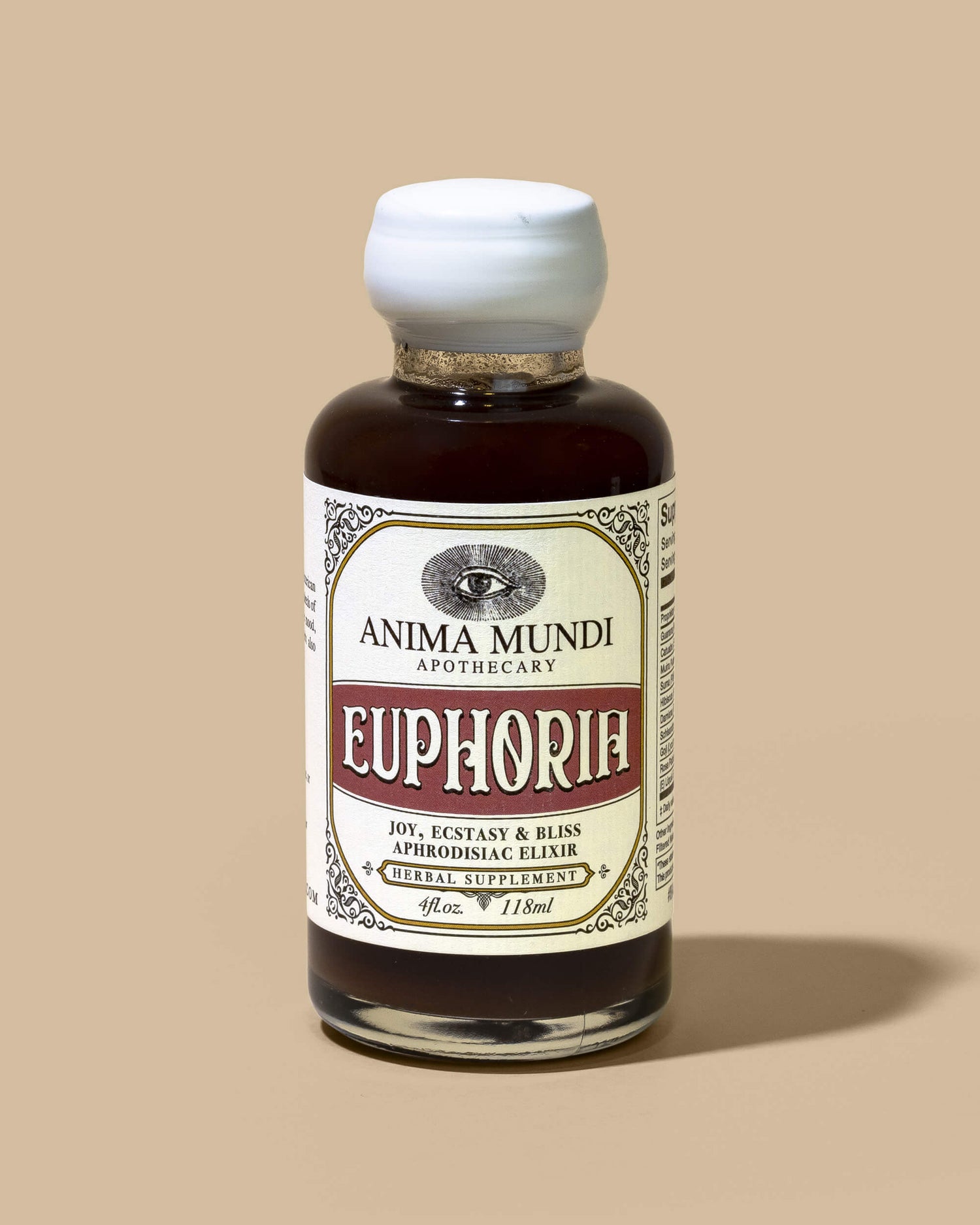Let’s be honest: talking about parasites isn’t exactly dinner-party conversation. The idea alone makes many of us squirm. But ignoring these uninvited guests won’t make them vanish.
Instead of freaking out, let’s get curious. Read on as we reveal 10 shocking facts about parasites and answer your common questions about gentle, herbal parasite cleanses.

10 Shocking Parasite Facts
-
Parasites are everywhere. Intestinal parasites are far more common than most people realize—roughly 1.5 billion people (about 24 percent of the global population) harbor soil-transmitted parasitic worms like roundworms, hookworms, and whipworms. In the U.S. alone, over 40 million Americans carry Toxoplasma gondii, a single-celled parasite often with no apparent symptoms. (Toxoplasma can stay hidden in the body for life.) What does this mean for you? If you’ve ever felt off—exhausted, bloated, or just “not right”—it could be worth considering parasites as one piece of the puzzle, as these infections often go undetected.
-
Parasites regulate ecosystems. It may sound strange, but parasites actually keep nature in balance. By selectively infecting certain animals, they prevent any one species from overrunning its habitat. Indeed, parasites add countless connections to food webs and help maintain healthy populations of wildlife. In other words, fleas, ticks, worms, and protozoa are key players in the natural world, whether we like it or not.
-
Mind-controlling parasites exist. Some parasites can literally hijack a host’s behavior. A famous example is a fungus that infects ants and compels them to climb plants and latch on, turning them into “zombie ants” that spread the fungus’s spores! Other examples, like Toxoplasma in rodents, alter a host’s brain chemistry for their benefit. Sounds like science fiction? Nope—it’s a scientific fact.
-
Most parasites don’t infect people. Only a small fraction of parasite species infect humans. In fact, about 96 percent of known parasites live in other animals or plants. Even more startling, scientists estimate that 90 percent of parasite species haven’t been formally identified yet. There are many we don’t even know about, hiding inside frogs, fish, and yes, even our pets.
-
Parasites reproduce like crazy. The reproductive capacity of some worms is staggering. For instance, a single female roundworm (Ascaris lumbricoides) can produce around 200,000 eggs per day, which then pass out in feces to infect the next host. These microscopic eggs are amazingly hardy, too, surviving weeks in soil until they find a new body.
-
Parasites can get huge. Some tapeworms that infect people grow absurdly long. The fish tapeworm Diphyllobothrium has been reported up to 30 feet inside a host! (That’s as long as a large shark.) Most tapeworm species live years if untreated, absorbing nutrients right from your gut.
-
Parasites cause big diseases. Remember malaria? It’s no coincidence that hundreds of thousands still die from it every year. Malaria is caused by Plasmodium, a tiny parasite spread by mosquitoes, and it kills ~600,000 people annually (mostly children). Other parasite diseases like leishmaniasis claim tens of thousands of lives each year as well. These sobering stats remind us how powerful parasites can be.
-
Herbal wisdom has won a Nobel Prize. The story of artemisinin began with an herb. In the 1970s, Chinese scientist Tu Youyou investigated traditional Artemisia annua (sweet wormwood) and isolated artemisinin, a compound that kills malaria parasites. Artemisinin and its derivatives remain our best weapons against malaria today, all thanks to an herbal remedy already in use by traditional medicine practices centuries prior.
-
Parasites can starve you. Intestinal worms literally steal nutrients as they feed. Over time they can trigger vitamin and mineral deficiencies. Medical studies show that chronic parasitic infections are linked to malnutrition and anemia by impairing digestion and absorption of nutrients. For example, hookworms attach to the intestinal wall and cause blood loss, leading to iron-deficiency anemia. Even “silent” parasites may be sapping your strength.
-
Cleanse = support. When done thoughtfully, a parasite cleanse is more than just killing worms; it can be a whole-body reset. A gentle herbal parasite cleanse is designed to gradually rid the body of invaders while supporting your gut, liver, kidneys, lymphatic system and even your mind. In practice, that means anti-parasitic herbs plus nourishing teas, gut-soothing foods, and detox-friendly routines. This is a holistic ritual for renewal—and yes, it can feel as empowering as it sounds.
Now that you know parasites are strange, complex, and often disturbingly clever organisms, it should make more sense that you cannot just target them and expect them to be gone. You also need to support your liver and gut while gently escorting them out of your system for good. In the process, you can improve your overall well-being in surprising and lasting ways.
Here’s what you’ll find in our Parasite Defense Capsules (and how each herb works):
-
Wormwood (Artemisia annua): Known for its antimalarial compound, artemisinin, often attributed to the discoveries of Tu Youyou in the 1970s, wormwood has been used in traditional herbal medicine for centuries before gaining mainstream recognition. Bitter and antimicrobial, it’s also traditionally used to dislodge worms and protozoa.
-
Chanca piedra (Phyllanthus niruri): Nicknamed “stone-breaker” for its traditional use in treating kidney stones, it’s also highly prized for combating parasites. Laboratory studies show that P. niruri extract may help immobilize and kill intestinal worms. It’s generally considered a gentle yet effective herbal antiparasitic.
-
Black Walnut (Juglans nigra): The green hulls contain juglone and tannins that have been used for generations as an intestinal cleanse herb. This is a classic component of most herbalists’ plant-based parasite protocols for good reason.
-
Pau d’Arco (Tabebuia impetiginosa): A South American tree bark rich in lapachol; it’s broadly antifungal and antimicrobial. Pau d’Arco supports the immune system and is commonly included in herbal parasite formulas to help clean the gut.
-
Clove (Syzygium aromaticum): More than a beloved kitchen spice, clove oil is a strong disinfectant. Clove is often used in herbal parasite cleanses because it has the ability to kill parasite eggs and soothe the digestive tract.
-
Ginger (Zingiber officinale): A warming herb that helps calm nausea and improve circulation and digestion. Ginger also has mild antimicrobial properties. Including it in your herbal cleansing rituals helps ease any digestive upset during the detox process.
-
Milk thistle (Silybum marianum): Not an antiparasitic per se, but a liver superstar. Milk thistle may protect and regenerate liver cells, which is essential since your liver will be working to filter toxins released by dying parasites.
- Jergon sacha (Dracontium lorotense): A vine traditionally used by Amazonian tribes in its endemic regions as a remedy for snake bites and as part of parasite-cleansing protocols. It’s believed to thin mucus and facilitate parasite elimination, though it’s much milder than the wormwood or walnut. Throughout South America, it is highly prized for its potential antiviral, anti-parasitic, and anti-inflammatory properties.
Answers to Common Questions
How will I know if I have a parasite?
Parasite infections often have vague, flu-like or digestive symptoms, which is why they can go unnoticed for a long time. Here are some common warning signs to watch for:
🪱 Unexplained digestive issues: Gas, bloating, diarrhea or constipation that come and go. These can easily be misdiagnosed as IBS or food sensitivities, but parasites often disrupt normal gut function.
🪱 Chronic fatigue: Feeling tired or lethargic without a clear cause. Parasites can cause prolonged exhaustion by robbing you of nutrients and constantly provoking low-grade immune activity.
🪱 Skin problems: Persistent rashes, hives, eczema, or itchiness. When parasites are present, your immune system may react (for example, raising IgE antibodies), leading to mysterious skin irritations or allergic-like reactions.
🪱 Nighttime teeth grinding (bruxism): Believe it or not, many practitioners report that teeth grinding or jaw tension in sleep can be a clue. Toxins released by dying parasites may affect the nervous system, triggering bruxism and restless sleep.
🪱 Constant hunger or appetite changes: Feeling unsatisfied after meals, persistent sugar cravings, or unexplained weight loss. Some parasites (like tapeworms) can literally eat what you eat, leaving you feeling hungry and thin even though you’re eating enough. (It’s an old joke that if you’re always hungry you might have a tapeworm – but in fact it’s a real phenomenon.)
Keep in mind that these signs can also have other causes. They’re just hints that you may want to investigate further. If you’ve tried changing your diet or treating symptoms and nothing helps, a targeted parasite cleanse (along with professional guidance) can be a good next step.
What should I expect during a parasite cleanse?
A parasite cleanse uses herbs and diet to weaken and eliminate parasites while supporting your detox pathways. Here's what to know before you begin:
How long does it take?
Parasites have complex life cycles, often lasting weeks to months. For example, roundworms like Ascaris lumbricoides can live for 1–2 years in the human body and take several weeks to mature. Most effective cleanses last 12-60 days, with some protocols repeating in phases to target adults, larvae, and eggs.
That’s why your Parasite Defense Herbal Kit comes with a comprehensive PDF guide, providing support and guidance throughout the process and ensuring we are with you every step of the journey. Additionally, our team is always available for herbal consultations via chat, text, email, and one-on-one sessions.
When will I feel results?
Some people feel better in the first week—experiencing clearer digestion or more energy. For others, improvements take longer. Mild fatigue, headache, bloating, or skin breakouts during the first few days may be signs that your body is processing and eliminating waste (“die-off” symptoms). These are typically temporary. Staying hydrated, supporting your liver, and getting enough rest help your body move through this phase smoothly.
Is it safe? Who should not do this?
Parasite cleansing can generally be very safe when done correctly, but it’s important to take precautions. Always follow instructions on dosages and duration. Certain individuals should consult a healthcare provider first, including:
- Pregnant or nursing women
- Children
- People with chronic illness or autoimmune disease
-
Those on prescription medications
Herbs like wormwood and black walnut are potent antiparasitics but can be too strong for certain populations or in high doses. Always follow dosing instructions and don’t exceed the recommended duration without guidance.

What should I do (and definitely not do) during my cleanse?
Parasite cleansing is holistic by nature; it’s not just about killing worms, but also about nurturing your body’s natural defenses. During the cleanse, listen to your body. If you experience strong “die-off” symptoms (headache, skin breakouts, flu-like feelings), slow down a bit: drink extra fluids, rest, and you can temporarily reduce herb doses. Never push yourself beyond comfort. On the flip side, mild detox symptoms are normal: think of it as the body’s way of letting go of stored burdens.
To stay on track: keep a journal or checklist. Track your capsules, teas, and meals so you don’t miss a dose. Mark off days on a calendar. A structured routine helps you stick to the plan and know exactly when to adjust. And absolutely don’t skip the follow-up rituals.
Herbs are just one part of the puzzle. So with every Parasite Defense Herbal Kit purchase, a free Parasite Protocol Guide will be sent to you digitally. It’s a detailed plan to make cleansing easy and effective. You’ll get simply nourishing plant-based recipes, a suggested schedule (when to take each formula, and when to eat vs. fast), and time-honored lifestyle practices (tongue-scraping, dry brushing, castor oil packs, etc.) to help your body flush out toxins faster. Rest assured, our guide tells you what to do from start to finish—no guesswork required.
Remember: Like any herbal detoxification ritual, a parasite cleanse isn’t a one-time magic bullet; it’s a holistic kickstart to better gut health. You deserve to feel vibrant and clear-headed again. By addressing parasites (even the ones you can’t see), many people notice significant improvements in energy, digestion, mood, and skin.
We hope these facts and tips empower you to take the next step. To learn more or get started, get your kit here for more best practices that will make the whole process smoother. Here’s to your health! May you soon feel lighter, brighter, and parasite-free.
Don't Miss Our FREE Live Masterclass!
🧬 Parasites 101: What You Need to Know Before You Cleanse




















